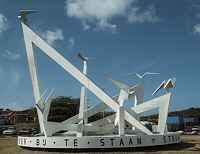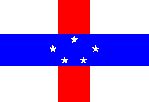
After the Referendum
what happens next?
rather negative, isn't it?
how much time will go by before something really happens?
Results
Option A, status aparte, won by a large margin (about 67%).
Now we can only sit back and watch our Leaders mess it up.
The story continues.


take off: exploding N.A.

